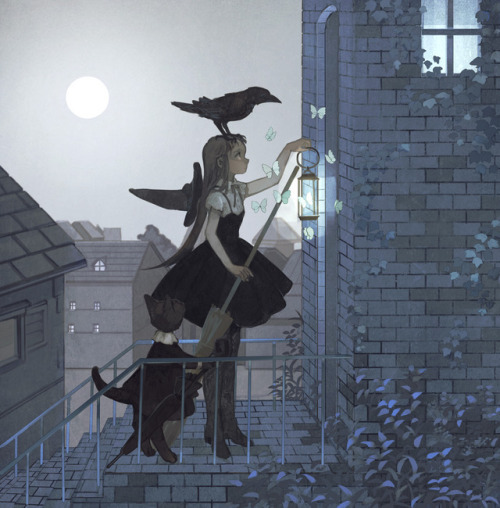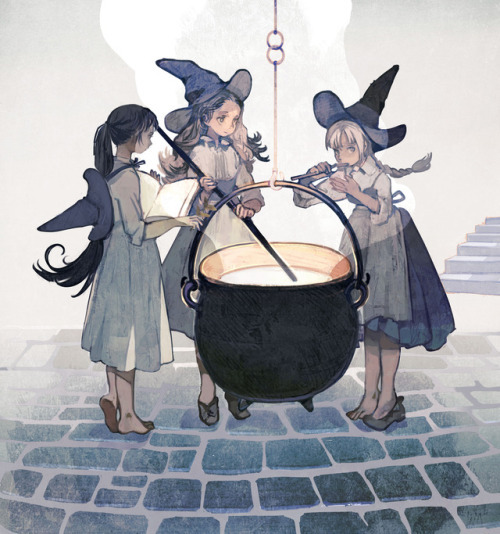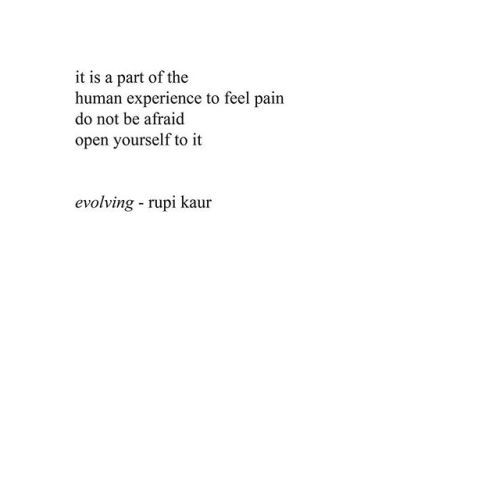Katherine Frances's Blog, page 110
November 29, 2017
What is Character Arch? How is it different from Plot?Character arch is the change your character...
 What is Character Arch? How is it different from Plot?
What is Character Arch? How is it different from Plot?Character arch is the change your character goes through during the story. That is very simple. And if you’re writing a character driven plot, then it is really that simple. “But K,” you say, “aren’t all stories character driven, or should be character driven?”
Glad you asked.
No.
The Lord of the Rings is not a character driven plot, and it’s pretty good, or so I’ve heard [haha]. The difference is, The Lord of the Rings contains a very interesting self-driven plot [please lets not let the big bad eyeball rule the world] and has an underlying character arch for many of it’s characters. If you are writing about one person in particular unlike LOTR, then it’s important that this character in particular has growth, and preferably that growth should pertain to achieving the plot.
ExamplesCharacter Driven Story
Sally hates her job. She’s afraid to quit because money. She realizes, money is not everything! Sally quits her job and becomes a professional cat mom. Lives happily ever after.
Notice how no swooping ‘call to adventure’ came in for Sally. Her unhappiness with work and need for personal growth [realizing money doesn’t matter to her] brought about, or drove the plot. Hence, character driven.
Plot Driven Story
Sally wakes up one morning with meatballs for eyes. Not only is she blind and ugly, but also seagulls keep trying to eat her face. Through trial and error she realizes that mace works well on seagulls and can now live a relatively normal day to day life without fear of being eaten by sky rats.
Notice how there needed to be [basically] no motivation from Sally. Even if her motivation did drive the plot [say it was her lover with meatball eyes who she was motivated to help] the story is still driven by the plot. In this example, Sally doesn’t have to go through any change as a character. But it would be arguably more interesting if she did.
I don’t want to write a character arch, though.Okay, well you don’t have to, one, because you don’t have to do anything with your writing just because some chick on the internet told you to. But also because what you are talking about exists, it’s called a Flat Character Arch. It’s basically a character who doesn’t have to change because they already are what they need to be. James Bond is the usual example and I think superheros like Super Man also fit this description. They’re great. They just have to deal with a lot of shit in their life, which is inherently relatively interesting to watch. We know they have all the tools to get out of this situation, we just don’t know exactly how they’re going to do it until they manage it. This is okay, but it has been done a lot, and it can get pretty boring for obvious reasons.
So, if you do want to include a character arch in your story, but aren’t sure how to go about it, tune in next week for some clarifications about character arch and motivation!
I Want to Care About Your Protagonist
The number one reason I stop reading a story is because I just don’t care. I don’t care if your protagonist lives or dies. I don’t care about the stakes. I don’t even really understand who they are. I’m sure a lot of readers are like me in that way. They want to feel emotionally connected to the characters in some way. They want a reason to keep reading.
If you’re finding your protagonist isn’t that interesting or you don’t know how to improve the way you’re writing them, try these tips:
Start Right Away
Don’t make your readers wait to find something to care about. Get your message across as quickly as possible. Who is your protagonist? What do they want? What’s threatening what they want? There are subtle ways to let readers in on your protagonist’s life without giving away everything at once, so don’t info-dump. Most people will stop reading if there’s nothing something interesting happening within the first chapter. This doesn’t mean there needs to be tons of explosions and death—we just need to understand what the deal is.
Make the Stakes Reasonable
The stakes can’t be too low or too high. I know this sounds confusing, but it needs to be something the reader can fully grasp. The stakes should directly impact the protagonist in some way. In other words, readers aren’t going to care too much about your protagonist being 5 minutes late to work. They’re also going to have trouble caring about a fictional planet light-years away being destroyed. You need to give us a reason to care and have the stakes match the tone of the story.
Give us a Reason to Like Them
Protagonists need to be likeable in some way. I’m sure some writers would argue with me on that, but I need a reason to root for the main character. Sure, there’s such thing as an anti-hero, but they usually have some redeeming qualities. Let your readers know why your protagonist is a decent person. Do they have family they care about? Are they protecting something? Why should we like them? Take some time to focus on these questions.
But Don’t Make Them Too Good
Flaws are very important if you want readers to care about your protagonist. A “too perfect” protagonist is very annoying and won’t feel real. Give them some flaws that explain their sometimes less-than-perfect reactions to situations. Are they too quick to act? Are they sometimes a little selfish? Do they crave power in some way? No one in this world is flawless, so your characters shouldn’t be either.
-Kris Noel
ghostlywriterr:
Church of La Asuncion. Spain.
November 28, 2017
"Numbing the pain for a while will make it worse when you finally feel it."
- J.K. Rowling
(via minuty)
Can’t vs Don’t Want To
A lot of writing tips say that you should “force yourself to write, even when you think you can’t.”
I personally have always interpreted this to mean that I should write even when I don’t feel like it, but recently that I started thinking about the difference between “can’t” and “I don’t wanna.”
And I’ve come to realize that this difference is an important one.
When I can’t write, something is wrong. I could be mentally or emotionally off that day, I could have homework that is stressing me to the point that I can’t focus on the story, etc, etc.
In these sorts of situations, I am nearly incapable of writing. I always could, of course, but it would probably be bad writing. I would end up more frustrated than I was when I started, and that’s not something I want out of my writing. These are the days when I can’t write, so I don’t.
But then there are other days when I still don’t write, but nothing is wrong. I’m having a better day mentally/emotionally, I’m on top of homework, etc. These are days when I usually get sucked into the void of YouTube, or I play games on my phone for hours, or I watch TV. On these days, I never get around to writing because what I’m doing in that moment is easier than diving into plot and characters again.
And those are the days that I end up regretting the most. Because those videos are always going to be there, those games aren’t going anywhere. The writing that I could have gotten done? That stuff is less permanent.
I guess the bottom line here is this:
Recognize the differences between the days that you can’t write and the days where you just don’t want to, and then act accordingly.
If you’re having a day where you can’t write? Take a break. It’s okay to have those days. You’re still a writer, you’re just not at your A-game today. That’s all right. You’ll get back to it.
But if you’re just putting it off because you don’t want to? Stop scrolling through Tumblr and go write, silly!
I am always thinking about this topic as well because I see so much of it on Tumblr. I totally agree with this. Honest confession:
I never ever write when I don’t want to.
And not trying to brag, but I write more than most writers I know. You might think, “well good for you, I guess you’re just more motivated/writing-obsessed than some of us who have to make ourselves,” but in all honesty, I don’t think it’s that. I think that when you make yourself do art, even when you don’t feel up to it, you turn it into an icky life chore, like laundry. Fuck that, writing is not laundry, you don’t have to do it if you don’t feel like it. Instead of feeling bad about yourself for not writing yesterday when you could have just write today! No one is keeping track! Who cares! It’s not about how much you write or how often, it’s about how much you like doing it when you’re doing it.
You’re writing will probably be better, more genuine, more inspired, if you stop forcing it. That might mean you have a hiatus for a while. Plus, ask yourself why you don’t feel like writing? Is it just life, or is it something wrong with your story? Listen to that voice! If you are feeling bogged down by the story, the reader might feel bogged down by it too. If you’re always forcing yourself to write when you’re not feeling it, you might end up missing those cues that tell you ‘something’s wrong with my story’.
This is just my advice, and this is just what works for me, but I don’t usually see my side of this advice spectrum represented so I thought I’d add.
"I write you into my poetry to keep myself from dialing your old number. I fuck you on paper to keep..."
- Kat Savage (via lovelustquotes)
stone-goddess-writing:
I need new writeblrs to follow
I need to jazz up my dashboard with more...
I need new writeblrs to followI need to jazz up my dashboard with more writeblrs. Reblog please I need inspiration and friends









